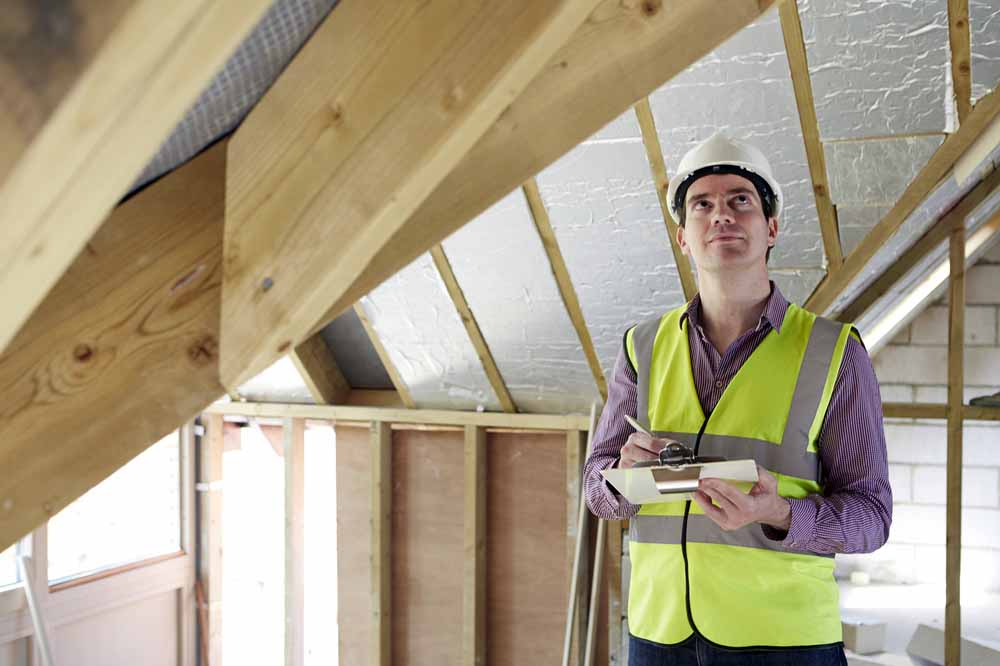New Home Inspections – Are They Really Necessary?
Unless you are a building expert and familiar with building regulations, there is every chance you could miss important issues. It is vital that new home inspections are undertaken by a qualified building inspector.
Under current Queensland law, property sellers are NOT required to disclose defects that are ‘likely’ to be discovered by a buyer exercising reasonable care when inspecting the property. This might come as an unpleasant shock for buyers of new homes, who assume that their property is defect free.
Construction flaws are just as common in new housing as in older homes. Due to rising material and labour costs, contract deadlines, construction shortcuts, and overall sloppy workmanship, newer buildings are not necessarily the maintenance-free bargains naive first home buyers imagine.
But hasn’t a new house already been inspected?
New homes are subject to council regulation and require staged inspections by a building certifier. There’s an assumption that if a home has passed these inspections, it must be ship shape – but that’s not always the case.
A council inspector or building certifier enforces code compliance, not workmanship. A certifier is not going to comment on poor quality workmanship, but an independent building inspector will. The builder’s lender usually requires progress reports as it releases construction money, but those aren’t fully-fledged inspections, either.
An independent property inspector conducts new home inspections that look at the quality of workmanship, whether the construction meets Code, and will identify any defects and whether they require substantial repair.
The value of an INDEPENDENT inspection
Be wary of using the vendor or estate agent’s inspection report. They are not independent and may contain bias. Some building inspectors get a lot of work from builders and estate agents and will gloss over important points in order to continue receiving referrals and business from them. Unfortunately, you can’t always trust an ‘agent and vendor friendly’ building inspection.
Action Property Inspections gets 82% of its work from client referrals, so they aren’t dependent on vendors or agents and will give you an unbiased report.
What sort of problems are likely to be identified?
In real estate, there are two kinds of defects.
Patent defects
This is a defect that is plainly visible, such as a broken window or holes within the plasterboard when the buyer views the property.
Latent defects
These are hidden or concealed defects that would not be discovered by a building novice. Examples of such defects include leaking shower flashings, subsidence or a roof leak. These are what your inspector will find and identify for you.
Specific issues that a building inspector will look for
A number of problems consistently crop up in new home construction:
- Water seepage into the basement or crawl space;
- Subsidence and wall cracks and movement;
- Inadequate ventilation, which can lead to condensation, wood rot, and termite activity;
- Improperly installed termite barrier protection;
- Poor roof construction, such as insufficient pitch for water runoff, flashing incorrectly installed, incorrect frame construction;
- Hazardous or non compliant stair or veranda construction;
- Leaking shower flashing; and
- Sloppy masonry and finish work;
Using a building inspection report to your advantage
As a result of what the report shows, you may be able to negotiate a reduction in the price of the house. At the very least, you’ll be prepared for necessary renovations in future. You may even decide not to purchase and breathe a sigh of relief knowing that you escaped a costly mistake of buying a poorly built house.
Make sure your new home isn’t a money-pit
Don’t believe that new homes are problem free! Protecting your real estate investments should begin with independent new home inspections.
Contact Action Property Inspections with any questions you may have in relation to new home inspection services.

